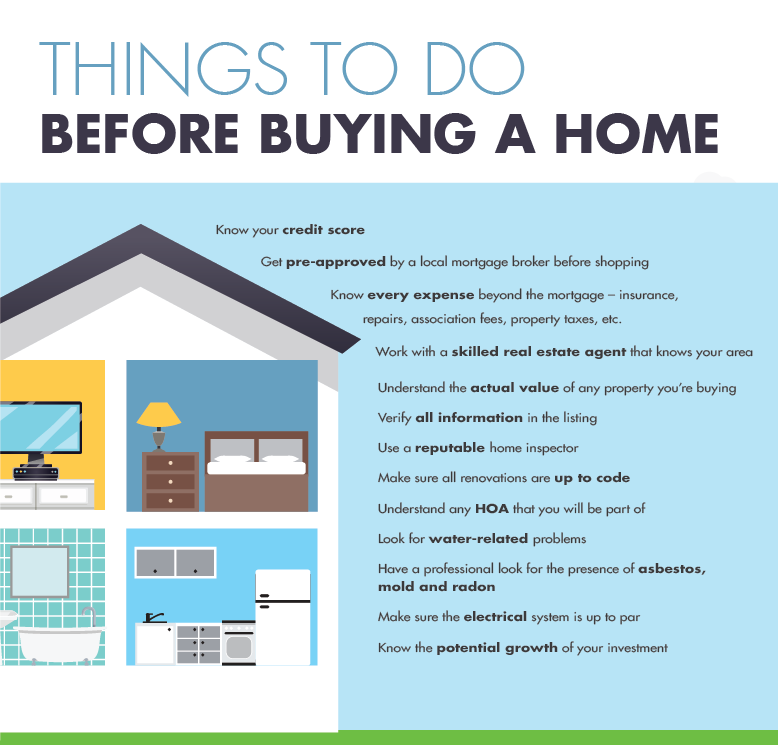Recent Posts
categories
Archives
- Tips to Lower your Electric BillPosted: 5 years ago
- 5 Easy Home Improvement Projects & Upgrades For the WinterPosted: 5 years ago
- Benefits to buying in the winterPosted: 5 years ago
- Cash In with a Cash-Out RefinancePosted: 5 years ago
- Mortgage MythsPosted: 5 years ago
- Q&A: All About Flooring — Hardwood, Carpeting, Tiling, LaminatePosted: 5 years ago
- Tip: 3 Foolproof Social Media Marketing TipsPosted: 6 years ago
- Tips for Hosting a Stress-Free Holiday DinnerPosted: 6 years ago
- Is a Mortgage Refinance Right for You?Posted: 6 years ago
- Check Your Disaster Supplies KitPosted: 6 years ago
- Create an Early Holiday Shopping BudgetPosted: 6 years ago
- 9 Ways to Make Moving Day EasierPosted: 6 years ago
- July 2018 Market Update – Twins Cities RegionPosted: 6 years ago
- Fall Homeowners ChecklistPosted: 6 years ago
- Scam Alert: Spoofed IRS Phone NumbersPosted: 6 years ago
- 15 Years of First Class MortgagePosted: 6 years ago
- How to buy a second homePosted: 6 years ago
- Q&A: Lawn Watering SecretsPosted: 6 years ago
- Troubleshoot Your Air ConditioningPosted: 6 years ago
- Your Mortgage, What to Expect: Clear To ClosePosted: 6 years ago
- Twins Cities Region Monthly Indicators – APRIL 2018Posted: 6 years ago
- Your Mortgage, What to Expect: UnderwritingPosted: 6 years ago
- Your Mortgage, What To Expect: Property AppraisalPosted: 6 years ago
- 3 Tips to Improve your Credit Score and Score a Lower Interest RatePosted: 6 years ago
- Changing Interest Rates Have A High Impact On Purchasing PowerPosted: 6 years ago
- The Myth of Multiple Mortgage Credit InquiriesPosted: 6 years ago
- Things to do BEFORE you buy a home.Posted: 6 years ago
- March Tech Tip: Pack Smarter With PackPointPosted: 6 years ago
- 4 Ways to Pay Off Your Mortgage EarlyPosted: 6 years ago
- Clean House in a HurryPosted: 6 years ago
- Your Mortgage, What To Expect: Document ReviewPosted: 7 years ago
- Chill Winter Utility BillsPosted: 7 years ago
- Six Tips to Help Your Home Sell This FallPosted: 7 years ago
- 4 Things to Know About Closing CostsPosted: 7 years ago
- Understanding Your Credit ScorePosted: 7 years ago
- Equifax Data Breach: What should you do now?Posted: 7 years ago
- Should You Refinance Your FHA to a Conventional Loan?Posted: 7 years ago
- 6 Ways to Save on Paint ProjectsPosted: 7 years ago
- Q&A: Mortgage InsurancePosted: 7 years ago
- How to Keep Your House Cool this SummerPosted: 7 years ago
- Mortgage Education: “What’s the Point?”Posted: 7 years ago
- Q&A: Spotting a Spoof SitePosted: 7 years ago
- Moving ChecklistPosted: 7 years ago
- Squash Marital Money SquabblesPosted: 7 years ago
- April 2017: Twin Cities Real Estate Market UpdatePosted: 7 years ago
- Your Spring Guide to Home StagingPosted: 7 years ago
- March 2017: Twin Cities Real Estate Market UpdatePosted: 7 years ago
- Don’t be a Victim — Four Ways Protect Yourself from Refinance ScamsPosted: 7 years ago
- Local Market Update: Minneapolis Area Association of RealtorsPosted: 7 years ago
- First-Time Homebuyers: Where to startPosted: 7 years ago
- Dear First Class Mortgage:Posted: 7 years ago
- First Class Mortgage. Our Expertise, Your Peace of Mind.Posted: 8 years ago
02
April
Things to do BEFORE you buy a home.
Posted byWhether it is your first home or you’re already a homeowner, there are some critical thing you should do before a move to a new place. Here are 13 things that will help make your next move easier. 
- Know your credit score. Your score
- Get pre-approved by a local mortgage broker before shopping
- Know every expense beyond the mortgage – insurance, repairs, association fees, property tax, etc.
- Work with a skilled real estate agent that knows your area.
- Understand the actual value of any property you are buying
- Verify all the information in the listing
- Use a reputable home inspector
- Make sure all renovations are up to code
- Understand any Home Owners Association that you will be part of
- Look for water-related problems
- Have a professional look for the presence of asbestos, mold, and radon.
- Make sure the electrical system is up to par
- Know the potential growth of your investment
10
July
Q&A: Mortgage Insurance
Posted by20
February
First-Time Homebuyers: Where to start
Posted by As a First-Time Homebuyer, it is a good idea to start the pre-approval process before looking at homes. You will know what price range you are pre-approved for, so that you aren’t looking above or below your price range. In today’s market, homes can sell quickly. If you are pre-approved, your pre-approval letter shows sellers that you have the financial backing to make a solid offer.
As a First-Time Homebuyer, it is a good idea to start the pre-approval process before looking at homes. You will know what price range you are pre-approved for, so that you aren’t looking above or below your price range. In today’s market, homes can sell quickly. If you are pre-approved, your pre-approval letter shows sellers that you have the financial backing to make a solid offer.
As a first-time homebuyer, you have many financing options. First, you could go with a traditional conventional 15- or 30- year loan or FHA 15- or 30-year loan. Maybe your new home would qualify for a USDA loan. Are you a veteran? If so, a VA loan may be your best option. Meeting with a loan officer, in Fargo, ND, Maple Grove, MN or Grand Forks, ND, helps you understand the ins and outs of all your financing options. This will give you peace of mind when you are shopping for the right home. You know that you have the best financing option available when you run across the home of your dreams!
Meeting with a loan officer will allow you to understand what you may need to do to close on a home. How much money do you need to save for a down payment? Will you be required to have money set aside for an escrow account for your homeowner insurance and taxes? Is your credit score where it needs to be? After meeting with your mortgage consultant, you will have a clear and realistic understanding of what you need to close on your first home!
The first step in the pre-approval process is starting an application. You can Apply Online Here.
Are you interested in consulting with a loan officer prior to applying online? Contact Us Today
Our Maple Grove office is having two Homebuyers Social this month! Come and learn about the purchasing process. There will be free drinks and appetizers and time for Q&As. RVSP Today!


